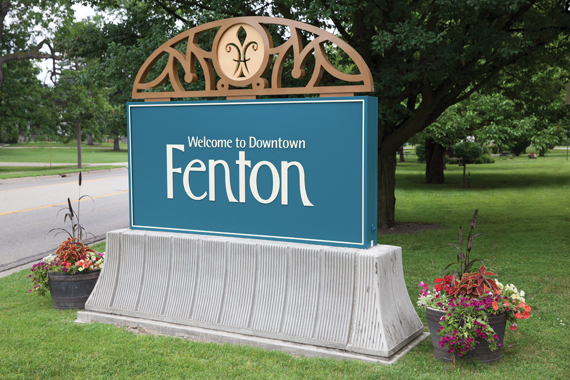

Though its glowing reputation as one of the pillars of prestige TV remains relatively undimmed, a changing socio-political climate has badly aged certain aspects of The Wire’s police-oriented narrative. Suiter (Jamie Hector), trying to stay on the straight and narrow.

The series also follows a number of other officers and public officials, including a civil rights lawyer, Nicole Steele (Wunmi Mosaku), in her efforts to seek justice for victims of the department’s abuses of power, and a homicide detective, Sean M. The show’s central figure is Wayne Jenkins (John Bernthal, who exudes a volatile machismo with a hint of troubled insecurity), a swaggering sergeant forced to confront his guilt after years of increasingly audacious racketeering. In addition to featuring many of the same cast members, the HBO series was also co-created with crime author George Pelecanos (who also co-created The Deuce), and it serves as another closely observed analysis of institutional rot and the Sisyphean task of policing Baltimore’s most impoverished neighborhoods.īased on the book of the same name by Baltimore Sun reporter Justin Fenton, We Own This City jumps back and forth between eras to tell the story of the Baltimore Police Department’s Gun Trace Task Force, which was implicated by the F.B.I. There are enough similarities between the two shows that We Own This City could be seen as a spiritual sequel to The Wire. David Simon’s We Own This City sees the creator of The Wire turn his attention back to the Baltimore drug trade after over a decade of expanding his scope to the Iraq War ( Generation Kill), post-Katrina New Orleans ( Treme), and the New York sex industry ( The Deuce).


 0 kommentar(er)
0 kommentar(er)
